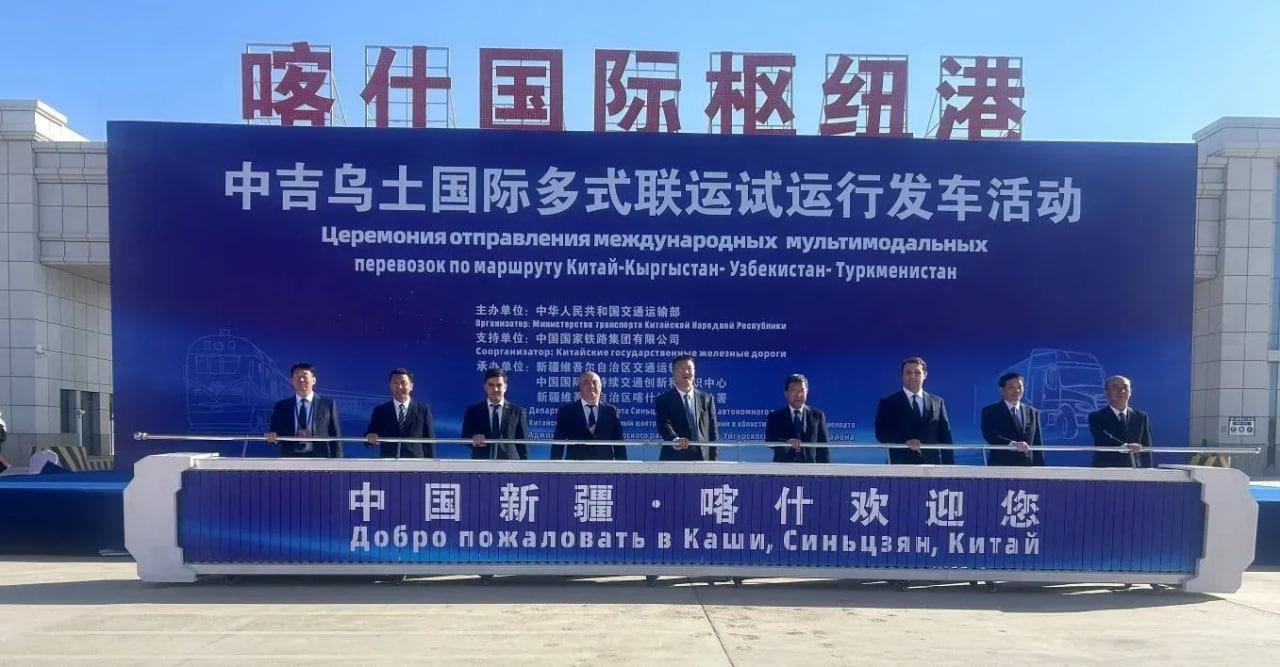RUSSIAN JOURNALISTS USED AS CHANNEL FOR TBILISI-MOSCOW CONTACTS
RUSSIAN JOURNALISTS USED AS CHANNEL FOR TBILISI-MOSCOW CONTACTS
Last week Georgia and its breakaway province of Abkhazia were close to a war that would surely have involved Russia. An armed conflict could escalate into an all-out war, engulfing the entire Caucasus. Russia has accused the Georgians of concentrating forces in the upper Kodori gorge, a small part of Abkhazia under the control of Tbilisi, in preparation for an invasion of Abkhazia (see EDM, May 2). According to the Georgian authorities on April 20, a Russian jet fighter unlawfully shot down an unmanned Georgian reconnaissance drone over Abkhazia (see EDM, April 24).
This Jamestown correspondent was in Georgia last week with a group of Russian journalists to meet top officials, including President Mikheil Saakashvili. The Georgian authorities asked us to try to let the Russian public and the Kremlin know that Georgia does not want to attack Abkhazia, and that it is terrified by the prospect of a war with Russia and wants to negotiate a way out of the present impasse. Other lines of communications between Moscow and Tbilisi are dysfunctional at present.
The Georgian ambassador in Moscow Erosi Kicmarishvili accompanied us on our tour, leaving Moscow on May 7 as the inauguration of the new president Dmitry Medvedev was taking place. Kicmarishvili is still in Tbilisi but is planning to return to Moscow. His departure from Russia was not a diplomatic gesture by the Georgians to show displeasure with Russian actions in Abkhazia. Ambassador Kicmarishvili was not recalled for consultations. He simply does not have much opportunity in Moscow at present to meet anyone of any significance in the Russian government.
Saakashvili told us on May 9 that “A few days ago we were close to military conflict, but now the tension has eased somewhat. Our troops are not in an hour’s readiness. I am eager to go to Moscow at any time, but they have not invited me. We believe in direct talks to settle differences. We are open to dialogue but will not compromise on our territorial integrity or bargain over NATO membership. My last telephone negotiation with Vladimir Putin on April 21, after the Georgian drone was shot down, was long, frank and arduous. We are not concentrating troops near Abkhazia and do not want war with Russia at all. Russia does as it wishes by raising tension and then decreasing it at will.”
Saakashvili says that Georgia is relying on the international community to apply pressure on Russia to back off. Indeed, the United States has once again intervened to prevent armed action at the last moment. In 2006 and in 2007, when the weather allowed intense military action in the Caucasian mountains from mid May to mid October, the Russian military performed war exercises concentrating forces for a possible intervention in breakaway Abkhazia and South Ossetia, while separatist and Georgian troops exchanged threats and sometimes fired on each other.
Last week a delegation lead by U.S. Deputy Assistant Secretary of State Matthew Bryza visited Georgia and Abkhazia. Speaking to reporters in the Abkhaz capital of Sokhumi, Bryza said that Tbilisi was very much afraid that Russia might provoke actions that could lead to armed clashes in Abkhazia. At the same time, he expressed confidence that joint efforts with colleagues in Moscow, Tbilisi and Sokhumi would produce a way to ease tension (ITAR-TASS, May 12).
Tension may have indeed eased somewhat, but there is no visible progress in resolving the basic issues of sovereignty over Abkhazia and the return of hundreds of thousands of Georgian refugees that were expelled by the Abkhaz in 1993 during vicious ethnic cleansing. The Russian Foreign Ministry spokesman Boris Malakhov scolded Bryza for supporting Georgia’s right to fly unarmed drones over Abkhazia. “The statements by Bryza in Sokhumi and Tbilisi continue the policy of the United States administration to turn criticism away from those [countries that] they are forcibly pulling into NATO.” Malakhov maintained that the Georgian drones could “carry air-to-air missiles,” quoting the Abkhaz authorities as saying that they had found evidence of such an activity (www.mid.ru, May 12).
As before, the Abkhaz are making ridiculous statements about Georgia’s Israeli-made drones, while Russia officially supports them unequivocally (see EDM, April 24). At present, no drones anywhere in the world carry air-to-air missiles. Unmanned fighters are being designed, but they are a thing of the future. The Abkhaz military does not know much about drones and hardly has the capability to shoot them down. The Abkhaz say they have destroyed seven drones but have not presented much evidence for this, “because debris burns up when the drone is blasted out of the sky” (Interfax, May 13). Georgian Deputy Interior Minister Ekaterine Zguladze told Jamestown in Tbilisi on May 8 that only one drone had been lost and that it cost $2 million. It is impossible to believe either side fully, but the Abkhaz statements seem too far-fetched.
Abkhaz President Sergei Bagapsh has offered to sign a military treaty with Russia and to host Russian military bases. Such a treaty would guarantee the final separation of Abkhazia from Georgia (Interfax, May 14). Moscow in turn is mostly concerned about Georgia applying to join NATO. Sochi is the summer residence of Russia’s presidents and is on the border with Abkhazia, which is legally part of Georgia. In the future, the Russian president’s residence may turn out to be on NATO’s doorstep. That could be considered an unacceptable security risk. Turning Abkhazia into a buffer zone with Russian military bases could be seen in Moscow as a good solution.


